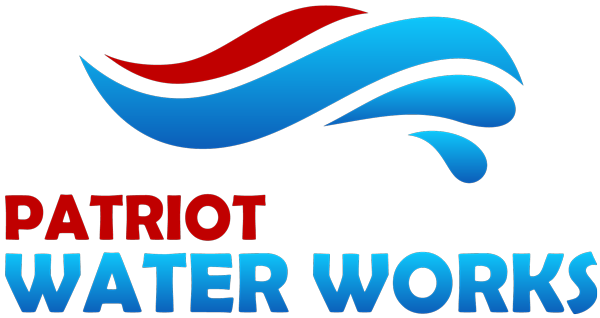What Are Pool Heat Exchangers and How Do They Work?
You’ve probably come across the term “heat exchanger” if you’ve been reading and researching ways to heat your pool. The water in a swimming pool can be heated with the help of a heat exchanger connected to a boiler or solar heated water circuit. Exchanger materials act as conductors, moving heat from one medium to the other across the space between them.
A heat exchanger is a device that transfers heat from one fluid to another fluid without requiring the two fluids to mix or come into contact with one another. A heat exchanger’s defining characteristic is its ability to transfer heat without also moving the fluid carrying that heat. The purpose of all heat exchangers is the same, but they accomplish this task in different ways. Most heat exchangers fall into one of two categories: shell-and-tube or plate-and-fin.
Shell and Tube Heat Exchangers:
Shell and Tube Heat Exchangers are made up of a large number of small tubes inside a cylinder. The tubes are placed in the cylinder using a “tube stack” or “tube bundle,” which can either have fixed tube plates (plates that are permanently attached to the body) or a “floating tube stack,” which allows the tube bundle to expand and contract with changing temperatures and can also be easily taken out for service and maintenance.
Plate Heat Exchangers:
Plate heat exchangers work almost the same way as shell and tube heat exchangers, but instead of tubes, they use a stack of plates. Depending on the application and fluids being used, plate heat exchangers are usually brazed or have a gasket. Because they are small and made of stainless steel, they are great for use with refrigerants or in food and beverage processing.
Heat exchangers can be used in many salt water and chlorinated swimming pools, Jacuzzis, Whirlpools, Spas, and Hot Tubs, solar heated pools, domestic hot water supply, sea water applications, hot climate applications, and waste water heat recovery. This means that no matter why you’re looking at heat exchangers,in Pennsylvania you’ll be able to find one that works for your pool.
Tips For Selecting the Right Pool Heat Exchanger
While shopping for a heat exchanger for your pool, it’s important to consider the following features:
Anticorrosion:
Chlorine and salt water pools both have corrosion issues. When it comes to heat exchangers, the longer they last the better, and corrosion-resistant materials mean longer life.
Self Cleaning:
Extra upkeep is a pain for everyone. Make sure the heat exchanger can handle a lot of traffic. If the flow rate is high, then the heat exchanger is practically self-cleaning and requires very little upkeep.
Extended Lifespan:
A heat exchanger with large channels will be less susceptible to damage by hard water scales and will last longer as a result.
These advantages are important, but you need also think about how efficient they are. It’s important to remember that not all heat exchangers are created equal.
Other Factors to Consider
Many things can be said about how efficient a heat exchanger is, and in terms of thermal performance, there are a few key things to think about;
Thermodynamics: In a heat exchanger, the temperature difference between the hot fluid and the coolant is important. The coolant’s temperature must always be lower than that of the hot fluid. In order to remove more heat from the hot fluid, a cooler coolant temperature is required.
Rate of Flow: It’s true that a higher flow rate means the heat exchanger can transfer more energy, but a higher flow rate also means a higher mass, which can make it harder to remove the energy and also increase the velocity and pressure loss.
Efficient Installation: Heat exchangers must always be installed in accordance with the manufacturer’s instructions. When installing a heat exchanger, it is best to have the fluids flow counter-currently (so if the coolant is moving left to right, the hot fluid should be moving right to left), and for shell and tube heat exchangers, the coolant should enter at the lowest inlet position to ensure that the heat exchanger is always full of water. Installation of a cooler for an air-cooled heat exchanger requires careful thought, as obstructing airflow to any area of the core will reduce the cooler’s effectiveness. Be sure to have a professional company like Patriot Water Works involved with your installation of your pool heat exchangers.
Patriot Water Works- Lancaster, Pennsylvania
Patriot Water Works is a company with vast experience in the swimming pool heat exchanger industry. For over a decade, they have an unwavering commitment to providing their customers with the best service possible while maintaining the highest standards of integrity. Patriot Water Works ensures that their customers receive only the best products and services, backed by years of expertise and experience. With 12 offices in Pennsylvania and Delaware, they are able to service clients nationwide with their Pools & Aquatics needs.
Contact them today to schedule a free consultation.



